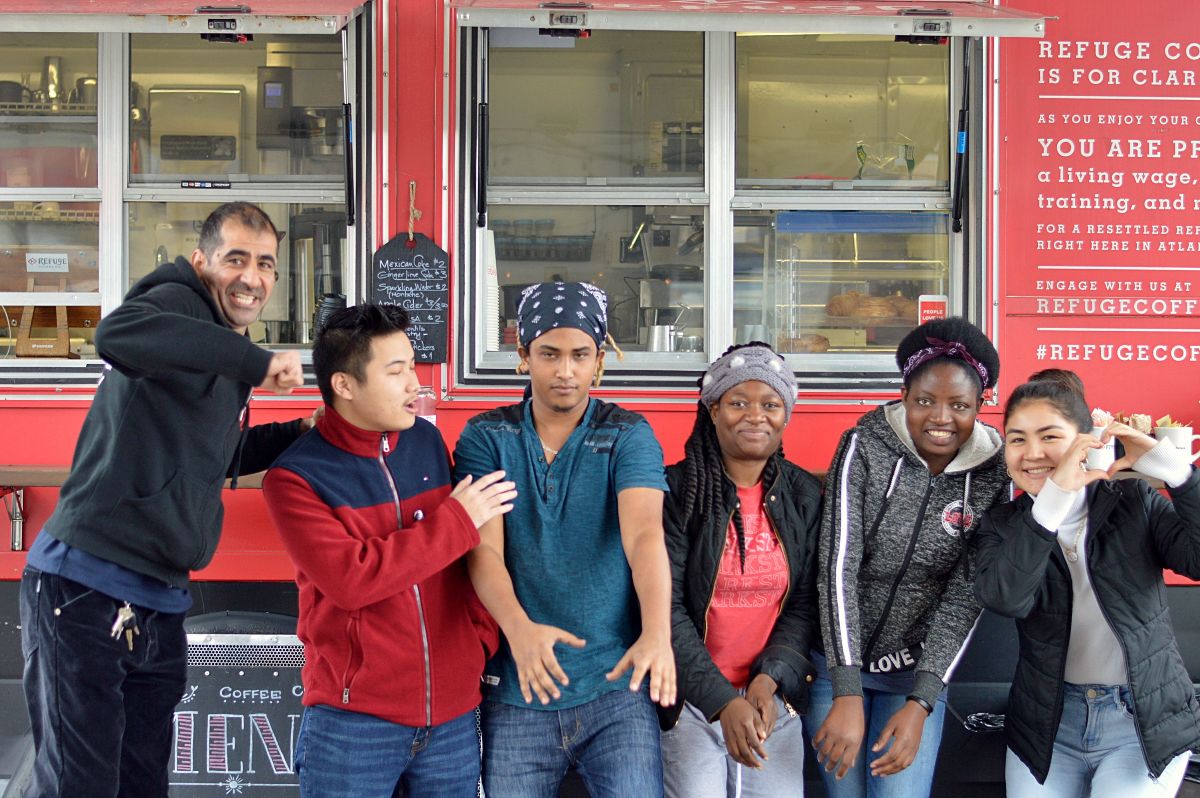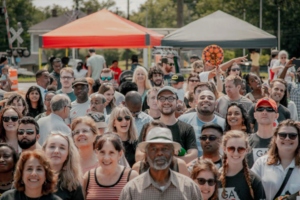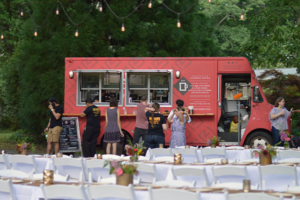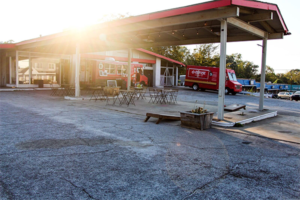
If you’re on social media, you’ve probably seen the phrase, “I don’t know you, but I love you.” How does that sit with you? It’s a definite improvement on “I don’t know you, but I hate you,” which I haven’t seen anywhere as a meme, but it is the basic sentiment behind most xenophobic communication.
I’m not sure “I don’t know you, but I love you,” is a statement about love. It’s a statement about intention, not action. And, love, I am convinced, is all about action.
When my husband and I—at 23 and 21—got engaged over 42 years ago, my parents told us, “love is a decision.” Yeah, yeah, we absorbed that about like I absorbed the cautions about wearing sunscreen as a tan-seeking teenage girl. Love was a feeling. A very passionate, hurry up and let’s get married feeling. A decision sounded like work and we, well, we loved each other, so we shouldn’t have to work at it.
But long before we said “I do” we learned how right my parents were. Halfway through our engagement, Bill was diagnosed with cancer and, months before our wedding, lost his appetite, 20 pounds, some of his hair, and almost all of his energy. Pretty quickly, we learned that love required our wills to be useful or meaningful. In those first days when we thought the cancer was going to take Bill’s life, we learned that love is risky.
In his classic book The Road Less Traveled (written in 1978, the year we were married, by the way), Scott Peck defined love as “the will to extend one’s self for the purpose of nurturing one’s own or another’s spiritual growth… Love is as love does.”
Love is a decision.
It’s not an opinion.
It is more than words,
more than a vote,
more than an ideal.
Love is a risky decision.
You can love someone even if you disagree with them, feel angry with them, are irritated with them (hello, marriage and parenting). You can love someone even if you fear you will lose them. Love is a beautiful, risky decision.
I’m not sure why I felt inclined to share these thoughts today, except that my friend, Lydia of See Beautiful recommended this book, and, three chapters in, it has already rocked my world. While the book is, as the title suggests, all about love, it’s also a cautionary tale about the toll our inattention to love could take on the next generation. Early on, there’s this warning by Harold Kushner:
I’m afraid that we may be raising a generation of young people who will grow up afraid to love, afraid to give themselves completely to another person, because they will have seen how much it hurts to take the risk of loving and have it not work out. I am afraid that they will grow up looking for intimacy without risk.
The reason the Refuge model works isn’t because we are on the “right” side of issues. It isn’t because we’re innovative or smart or even really good at making coffee. It’s because of love. We love each other enough to make decisions for one another’s good. You love us enough to invest your time, energy, and money so that our refugee neighbors can know without a doubt that there are those who love and welcome them. We all make decisions predicated upon love. No, we don’t do this perfectly, but we are on a quest to do love well.
Let’s risk it all for love together,
Kitti




